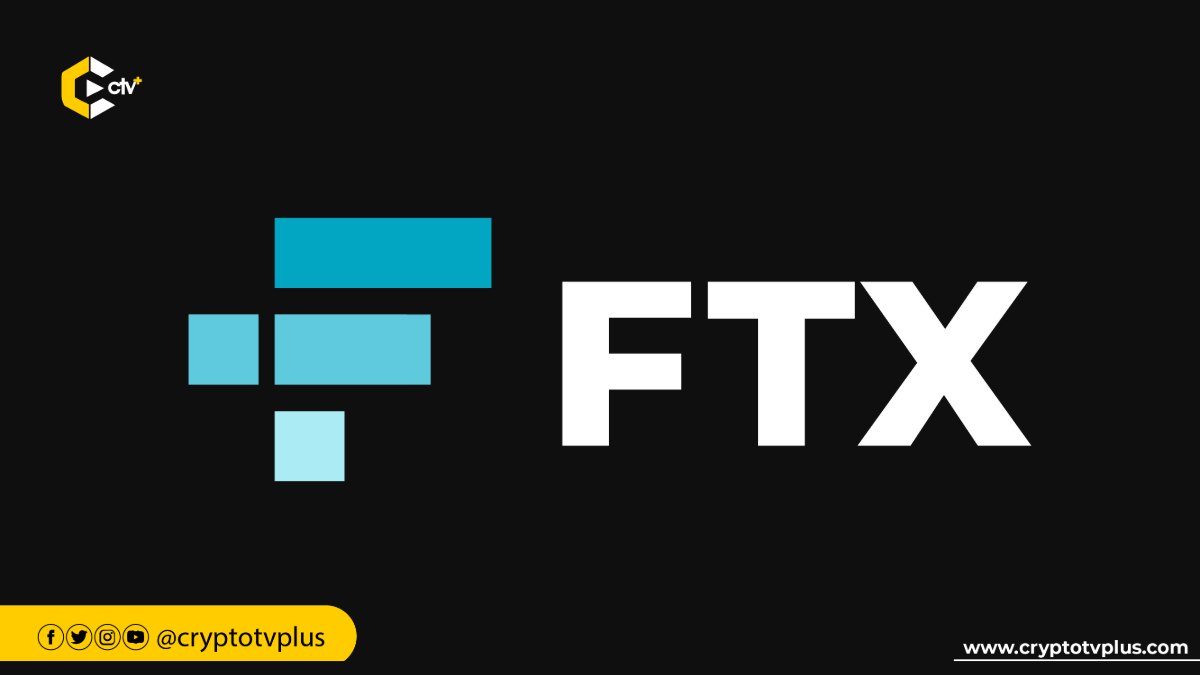News
FTX investors halt lawsuit against Sullivan & Cromwell

FTX investors have decided to pause their legal action against Sullivan & Cromwell, a law firm they originally planned to hold responsible for its counsel to FTX prior to the company’s downfall.
“Pursuant to Federal Rule of Civil Procedure 41(a)(1)(A)(i), Plaintiffs hereby give notice of dismissal of Defendant Sullivan & Cromwell, LLP from this action, with prejudice,” FTX said.
FTX investors sued the law firm Sullivan & Cromwell, alleging it provided poor advice before FTX’s collapse in late 2022. The investors claim the firm failed to offer proper legal guidance, contributing to mismanagement and FTX’s eventual bankruptcy.
The lawsuit accuses Sullivan & Cromwell of aiding FTX in operations without addressing crucial risks, such as regulatory compliance. The investors seek to hold the firm accountable for the substantial financial losses they incurred following FTX’s bankruptcy.
FTX collapsed in November 2022 due to financial mismanagement, risky business practices, and alleged fraud. The cryptocurrency exchange, once a rapidly growing giant where users traded digital currencies, was found to have been misusing customer funds behind the scenes.
The company’s founder, Sam Bankman-Fried, also established a trading firm called Alameda Research, which had close ties to FTX. It was later revealed that FTX had been secretly lending its customers’ money to Alameda Research to cover risky bets and losses.
When this information surfaced, many FTX users hurried to withdraw their funds. However, FTX lacked the necessary liquidity to fulfill these requests, resulting in a crisis. Unable to repay its customers, the company filed for bankruptcy.
The collapse sent shockwaves through the crypto industry, resulting in billions of dollars in losses. It also sparked concerns about the lack of regulation in the sector. Sam Bankman-Fried is in jail facing multiple criminal charges for misusing funds, although he’s still fighting.
FTX had entered bankruptcy proceedings to recover and distribute funds to repay its creditors, including customers who lost money. The repayment efforts began with the new management team, which has been working to locate and recover FTX’s remaining assets.
These assets include cryptocurrency holdings, cash, real estate, and other investments. While some have been identified, others are still being pursued through investigations and legal actions.
Another key aspect of the repayment strategy is selling off FTX’s businesses and subsidiaries. These sales are expected to generate funds for creditor repayment. FTX had invested in various companies within the crypto and tech sectors, and these assets are now being liquidated.
Simultaneously, FTX’s legal team is suing individuals and entities that may have improperly received customer funds. These lawsuits target business partners, other exchanges, and even FTX insiders like Sam Bankman-Fried.
In distributing recovered funds, creditors are prioritized based on their type of debt. Secured creditors, who hold assets as collateral, will be paid first. However, customers who deposited money with FTX are considered unsecured creditors, meaning they may have to wait longer for repayment. Efforts are underway to prioritize these customers.
Recently, FTX auditor Prager Metis agreed to a settlement charge of $745,000 with the Securities & Exchange Commission (SEC) due to its failure in auditing FTX. According to the SEC, between February 2021 and April 2022, Prager Metis issued audit reports for FTX that incorrectly claimed compliance with the Generally Accepted Auditing Standards (GAAS).

























Pingback: Crypto AI Trading Bot: Automate Your Investments
Pingback: Node AI Crypto: Revolutionizing Blockchain...
Pingback: Top AI Crypto Projects: Exploring The Best Options
Pingback: Top AI Crypto Projects to Watch in 2023
Pingback: Maximize Your Trades with Crypto AI Trading Bot
Pingback: Top AI Crypto Projects: Revolutionizing Blockchain